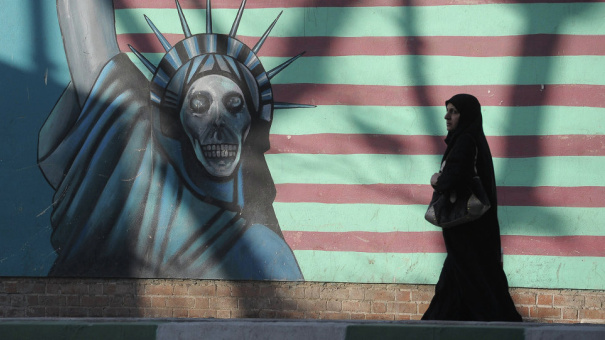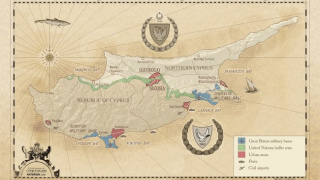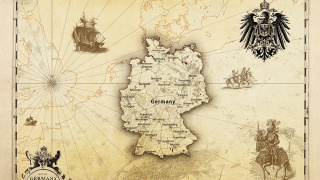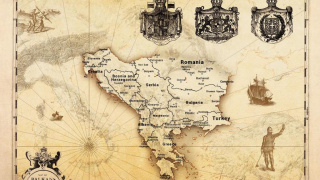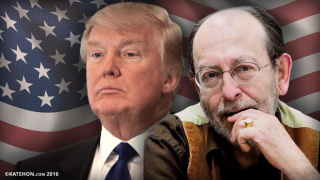Recognition Matters... Sometimes
President Trump’s formal recognition of Jerusalem as the capital of Israel on December 6, 2017, sent shockwaves throughout the media and diplomatic corps. Yet, the United States has dedicated itself to the cause since October 23, 1995, when Congress passed the Jerusalem Embassy Act. That law provided for the removal of the American Embassy from Tel Aviv to Jerusalem. Moving an embassy was as sure a recognition of the genuine affairs on the ground as any speech or document. And yet, American recognition of Jerusalem could not be “real” until the speech had been given and the document signed.
Why is it so challenging for the global community to recognize Jerusalem as Israel’s capital when it has been so ever since East Jerusalem was conquered in the Six Day War of 1967 and reunified with its Israeli half?
The question of recognition has haunted international relations for centuries. Each question divides into two parts: de facto and de jure.
“De facto” refers to reality, the facts on the ground. In Jerusalem’s case, it has been the capital of Israel since June 27, 1967. There are many examples of de facto arrangements that we cannot find on any map or in any diplomatic statement, but that does not change their reality.
For example, Morocco annexed the former colony of Spanish Sahara in 1976, but no other nation recognizes this status. Like East Jerusalem and the other territories Israel won in their Six Day War, no maps show Morocco united from the Strait of Gibraltar to the tip of the Nouadhibou peninsula in the far south.
When the Siad Barre fled Somalia in 1991, the country was in flames because of civil war. The northeastern area declared itself independent as the Republic of Somaliland. No other nation has recognized this stable state in its 27 years of existence. Observers regarded its last two elections as among the most honest of all African nations. If Somaliland were granted the de jure recognition by the global community enjoyed by its dysfunctional brother-state of Somalia, it could have access to credit and trade that would make it even more successful.
“De jure” refers to a philosophical position a government takes to any question of diplomacy. It may not correspond to any kind of reality. There is historical tradition behind this. For example, the crusader title of “King of Jerusalem” was borne by the Austrian monarchs until 1918, and the Italian until 1946. The British monarchs claimed the crown of France until 1800. The Swedish ruler claimed to be king of the Goths and Vandals until 1973.
The 19th century saw a reversal of dramatic de jure claims and decrees. Otto von Bismarck’s Realpolitik became a mode of diplomacy for most of Europe. Long-simmering disputes had to remain quiet for fear of igniting a large war among the Great Powers of Europe. But two World Wars changed the attitudes of the diplomats.
When Yugoslavia disintegrated in 1991, its southern Republic of Macedonia declared independence. The territory has borne this name since the Macedon kings of the third century B.C. But its name is also shared with a Greek province because the original territory was partitioned in 1913. Therefore, Greece has blocked all UN and EU de jure recognition of Macedonia’s name. After 27 years of independence, it still bears the ridiculous de jure name of “The Former Yugoslavian Republic of Macedonia.”
And then there is Crimea, an indisputably Russian territory that passed to Ukraine upon the Soviet Union’s demise in 1991, but is de jure an undivided part of Ukraine according to the global community. Of course, the de facto situation in Crimea today tells a very different tale.
The policy of valuing de jure fantasy over de facto reality has complicated diplomacy more than necessary. Until the formation of the UN, de facto became de jure very quickly. Diplomacy easily broke itself into short-term, solvable problems that would form into entirely new ones should war reopen the question. But today, questions remain unanswered and conflicts stay frozen for generations. Some analysts claim this promotes peace, whereas the old method easily allowed for war. In calculating the total costs of life and money over the long term, however, that argument is not valid. Facing reality and making as many de facto situations de jure is the soundest way to guarantee a just peace for everyone.
